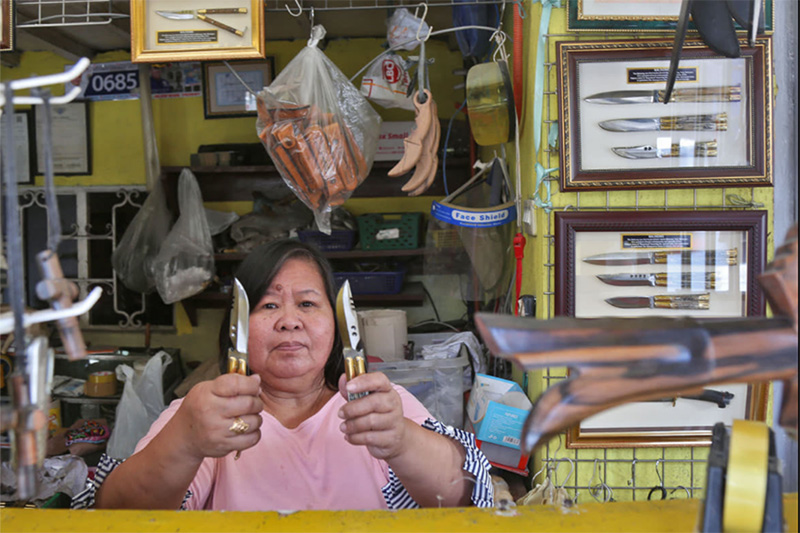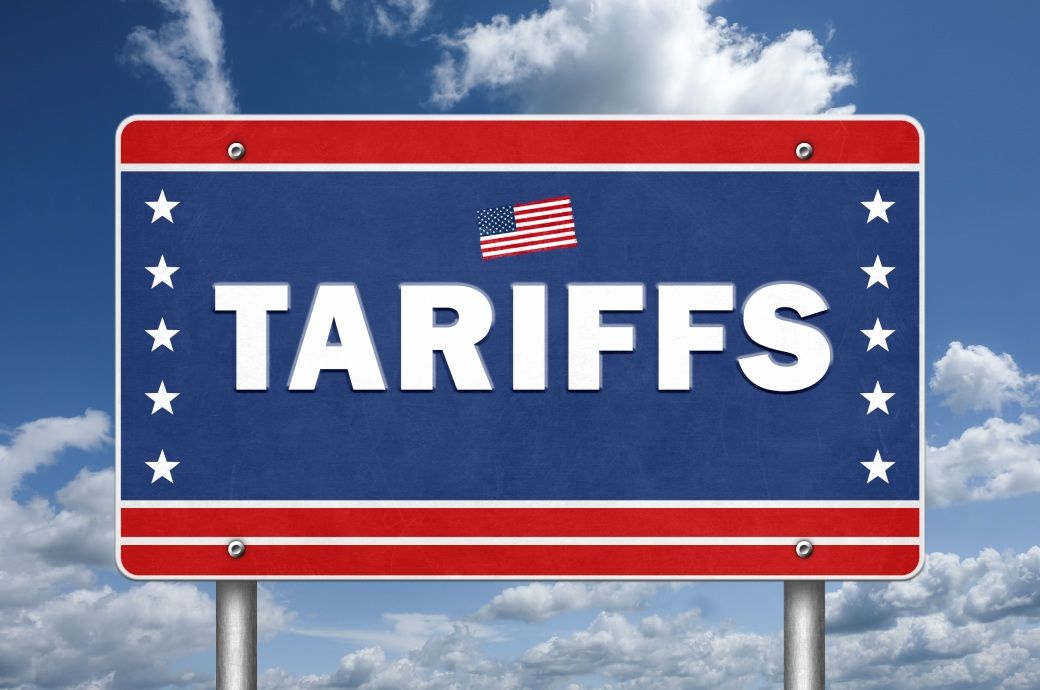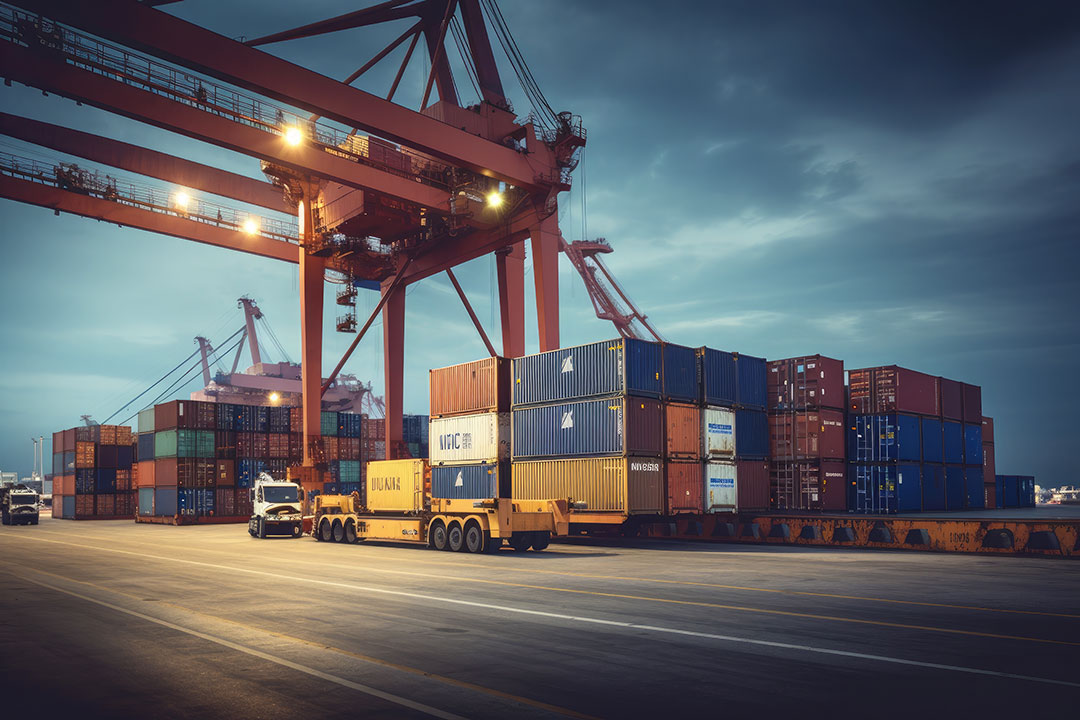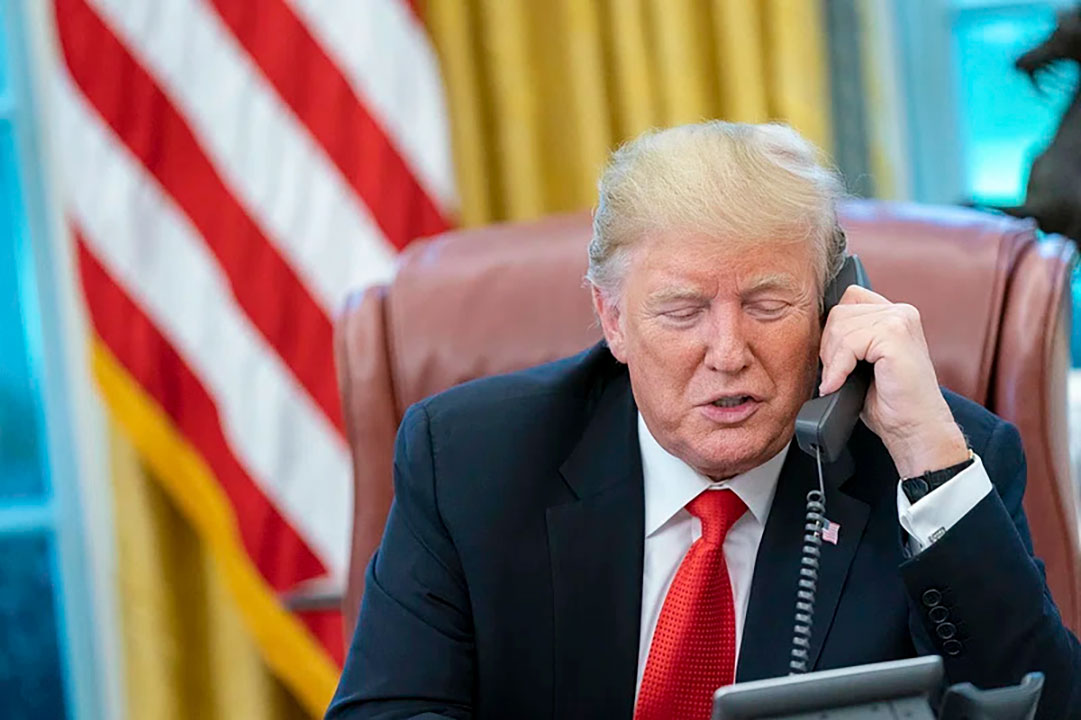




As the Philippines navigates its economic landscape amidst global trade tensions, recent insights from the Bangko Sentral ng Pilipinas (BSP) indicate that the country is 'relatively immune' to the impacts of a potential trade war, particularly one involving China and the United States. BSP Deputy Governor Francisco G. Dakila, Jr. noted that a 1% decline in China's GDP growth would only result in a minimal slowdown of 2 basis points in Philippine GDP growth for 2024, and 5 basis points in 2025. This resilience is reflected in the Philippines' adjusted growth estimates, which are set at 6-6.5% for 2024, with a target range of 6-8% for the years 2025-2028 [a3d7b196].
In the context of U.S.-Philippines trade relations, the Department of Trade and Industry (DTI) has previously highlighted the Philippines' favorable trade deficit with the U.S., which stood at $4 billion last year. This positions the Philippines advantageously compared to countries like China, which faces a staggering $300 billion trade deficit with the U.S. [5dc3db94]. DTI Undersecretary Ceferino Rodolfo has expressed optimism that this could shield the Philippines from potential tariff hikes under the next U.S. administration.
Moreover, the Philippines is actively negotiating for zero tariffs in exchange for hosting U.S. military bases, which could significantly enhance its economic landscape. Estimates suggest that such an agreement could yield an annual boost of $12 billion, particularly benefiting the electronics export sector [7409941e].
In a recent development, the Philippine Exporters Confederation, Inc. (Philexport) has urged exporters to focus on developing unique products to access new Western markets. Vice-President Ferdinand A. Ferrer emphasized that businesses in North America, Europe, and South America are seeking partnerships in the Philippines. The traditional Batangas folding knife, or balisong, was highlighted as an example of a unique product that could attract interest. Canada is reportedly willing to train suppliers to comply with strict sustainability rules, while the European Union is showing interest in Philippine suppliers amid potential tariffs from the U.S. on imports from Canada and Mexico [b5ecfe9c].
Despite these positive indicators, Dakila cautioned that the Philippines lacks the competitive edge to attract industries relocating from China, a trend that Vietnam has been capitalizing on. The service sector remains a strong contributor to the economy, accounting for 65.8% of GDP in Q3 2024 [a3d7b196]. Additionally, the semiconductor industry faces challenges related to electricity and logistics, which could hinder growth in this critical sector.
The BSP anticipates a balance of payments surplus for 2024 and 2025, with a reported surplus of $3.526 billion as of September 2024. However, the International Monetary Fund (IMF) has warned of a significant rise in global trade restrictions, with 3,000 measures imposed in 2023 compared to just 1,000 in 2019. While some ASEAN economies may experience short-term benefits, long-term fragmentation could adversely affect global supply chains [a3d7b196].
Overall, the Philippines' strategic positioning in its trade relations with the U.S., coupled with its resilience to external economic shocks and the push for unique exports, reflects a complex yet promising outlook for its economy amid global uncertainties [5dc3db94][7409941e][d5909e9b][b5ecfe9c].